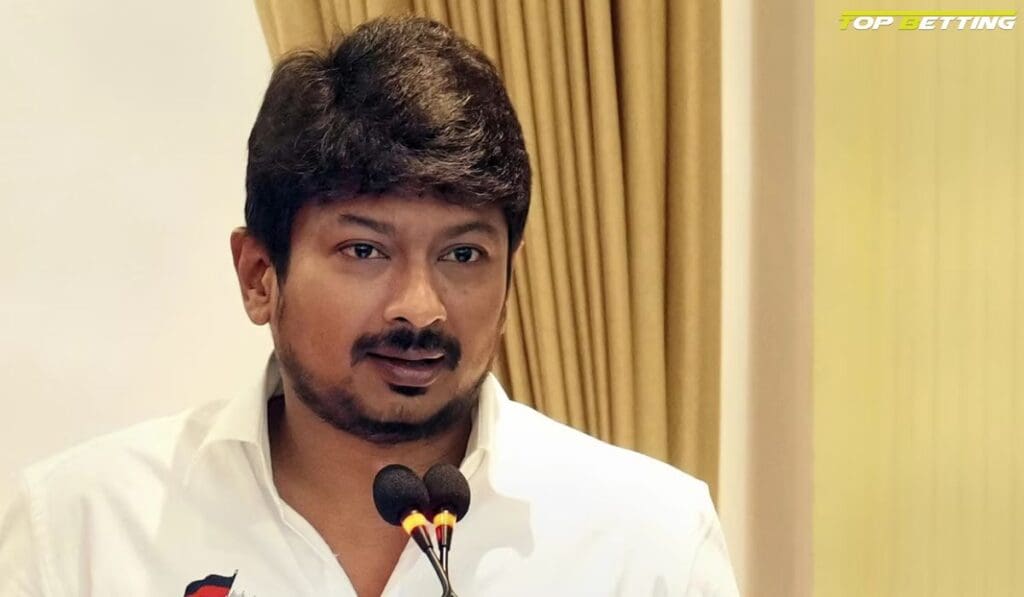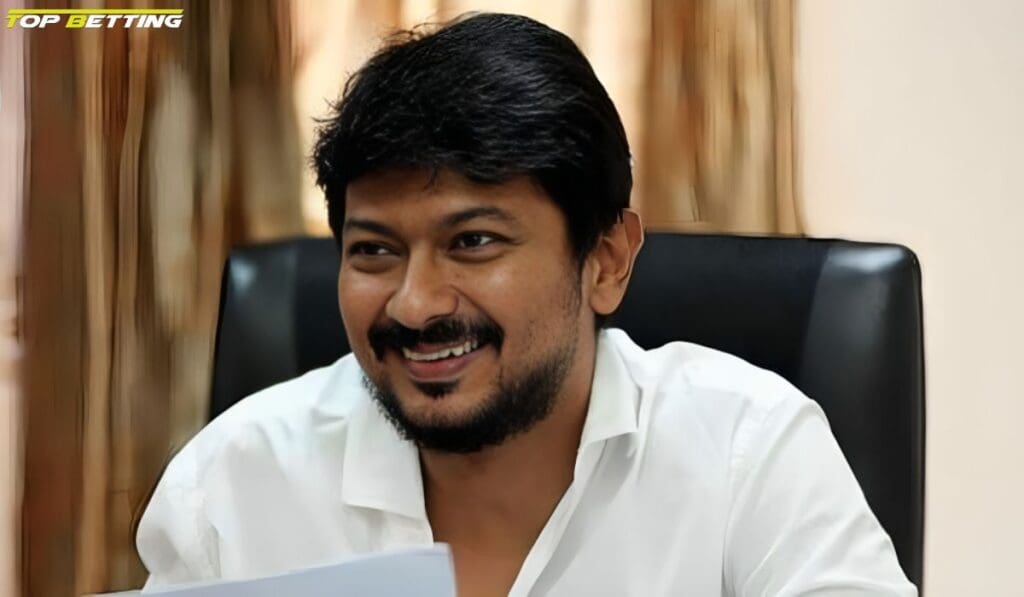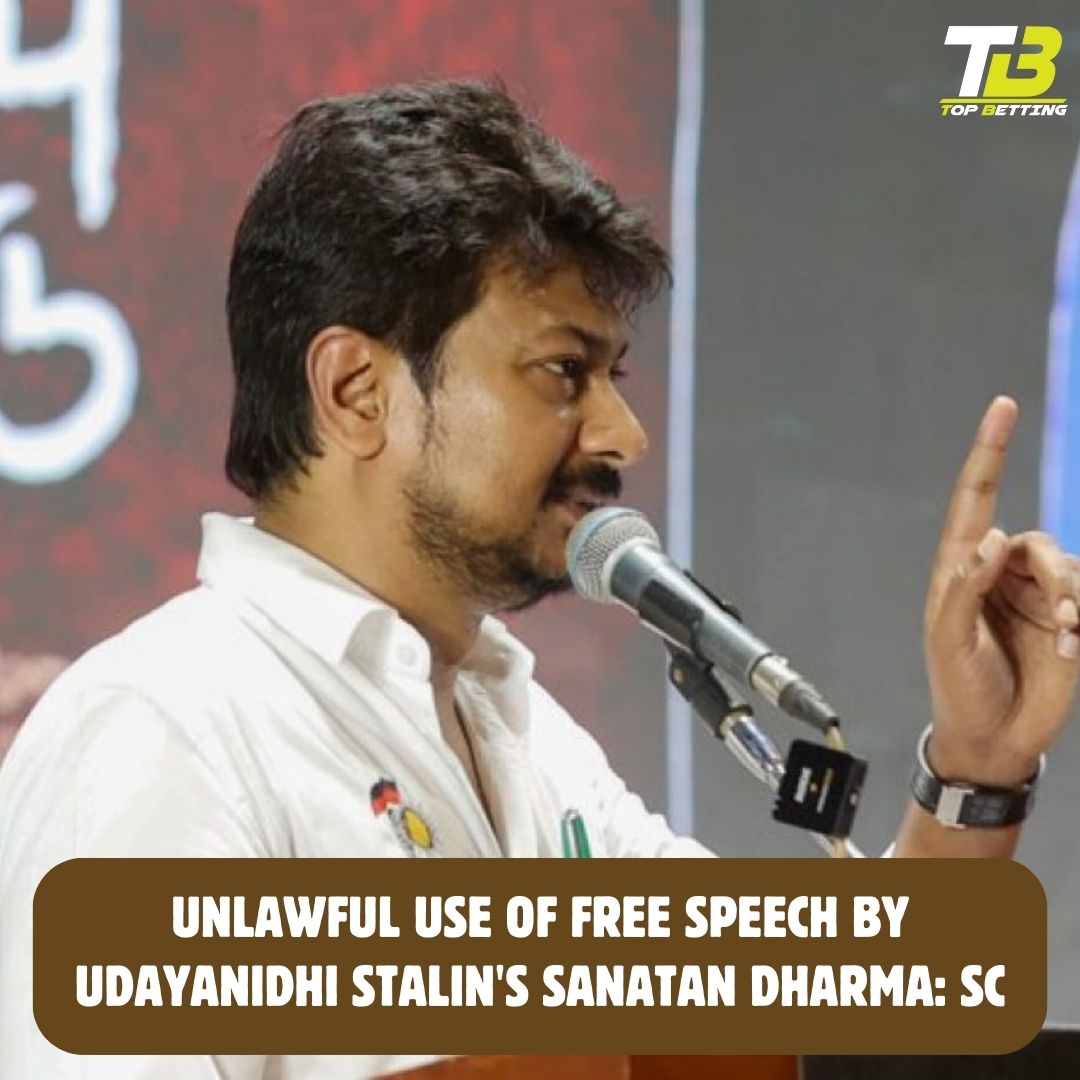
Unlawful use of free speech by Udayanidhi Stalin | SC
The remarks made by Udayanidhi Stalin, the leader of the Dravida Munnetra Kazhagam (DMK), in September that “Sanatana Dharma should be eradicated” caused a stir.
On Monday, the Supreme Court ruled that Udayanidhi Stalin, the leader of the Dravida Munnetra Kazhagam (DMK), had violated his right to free expression when he said in September that “Sanatana Dharma should be eradicated.” However, the court also cautioned Stalin about his remarks, citing his role as a minister for Tamil Nadu.
“You’re not an amateur. While considering Stalin’s request to combine the six state criminal proceedings that had been filed against him due to his remarks, a bench of judges led by Sanjiv Khanna and Dipankar Datta declared, “You are a minister…should have realised the consequences of your remarks.”
Stalin’s senior attorney, Abhishek Manu Singhvi, said the court that the remarks were delivered in a private meeting rather than at an event open to the public. “I’m fleeing. Either way, I’ll prevail in these situations. However, a person cannot be persecuted before being prosecuted. Every case originates with a single statement.
Making his client run between states, he contended, was persecution. “I have cases in Uttar Pradesh, Bihar, Karnataka, Jammu and Kashmir, and Mumbai,” he stated, referring to Article 32, which gives one the ability to petition the Supreme Court to have one’s fundamental rights upheld.
The court ruled that once someone has violated their fundamental rights under Article 19(1)(a) for free speech and expression and Article 25 (freedom to practice and promote religion), Article 32 cannot be utilized as a remedy.
“You misuse your Article 25… Article 19(1)(a)… You now wish to use your Article 32 rights.The bench said, “Do you know the consequences of what you said?”
At first, the court recommended that Singhvi contact specific high courts. “You want to lump all cases together… Why would someone who is a witness in Jammu and Kashmir want to visit Tamil Nadu?
Singhvi brought up the fact that a charge sheet had been submitted in one of the cases in Bengaluru when the court stated it was not aware of the status of the cases. He further stated that clubbing orders were given in relation to comparable circumstances involving fact-checker Muhammad Zubair, journalist Arnab Goswami, journalist Amish Devgan, and politician of the Bharatiya Janata Party Nupur Sharma.
Prior to the next hearing date of March 15, the court decided to take into account these rulings as well as the developments in each of the cases against Stalin.
The Supreme Court is still considering two petitions calling for Stalin’s criminal prosecution in relation to his statements.
Prior to the next hearing date of March 15, the court decided to take into account these rulings as well as the developments in each of the cases against Stalin.
The Supreme Court is still considering two petitions calling for Stalin’s criminal prosecution in relation to his statements.
Public Backlash and Criminal Complaints
Udhayanidhi Stalin’s comment has not gone unnoticed by the public, with many expressing their discontent and demanding an apology. Several leaders and individuals have filed criminal complaints against him, further escalating the controversy. The public backlash highlights the sensitivity surrounding religious sentiments and the need for responsible speech, particularly for public figures like Udhayanidhi Stalin.

Udhayanidhi Stalin’s Defense
In response to the criticism, Udhayanidhi Stalin has reiterated that his comment was not an attack on the Hindu religion but rather a critique of the caste-based society associated with Sanatan Dharma. He clarifies that his intention was to address societal issues and advocate for a more inclusive and egalitarian society. Despite his explanation, the controversy surrounding his statement persists, with differing opinions on the appropriateness of his remarks.
The Importance of Responsible Speech
This controversy serves as a reminder of the significance of responsible speech, especially for individuals in positions of power and influence. Public figures must exercise caution when expressing their opinions to avoid fueling religious tensions and inciting unrest. Balancing the right to free speech with a sense of responsibility is crucial in maintaining harmony within a diverse society.
Implications for the Political Landscape
The controversy surrounding Udhayanidhi Stalin’s remark has the potential to impact the political landscape, particularly as Tamil Nadu prepares for upcoming elections. The response to his statement and the subsequent legal proceedings will undoubtedly influence public perception and potentially shape political outcomes. It remains to be seen how this controversy will unfold and what consequences it may have for Udhayanidhi Stalin and the DMK party.

Conclusion
The Sanatan Dharma remark by Udhayanidhi Stalin has ignited a fierce debate about the limits of free speech and the responsibility of public figures. The Supreme Court’s reprimand, public backlash, and ongoing legal proceedings underscore the importance of thoughtful and measured expression. As the controversy continues to unfold, it is crucial to foster dialogue and understanding while respecting the diverse beliefs and sensitivities of all individuals in society.










